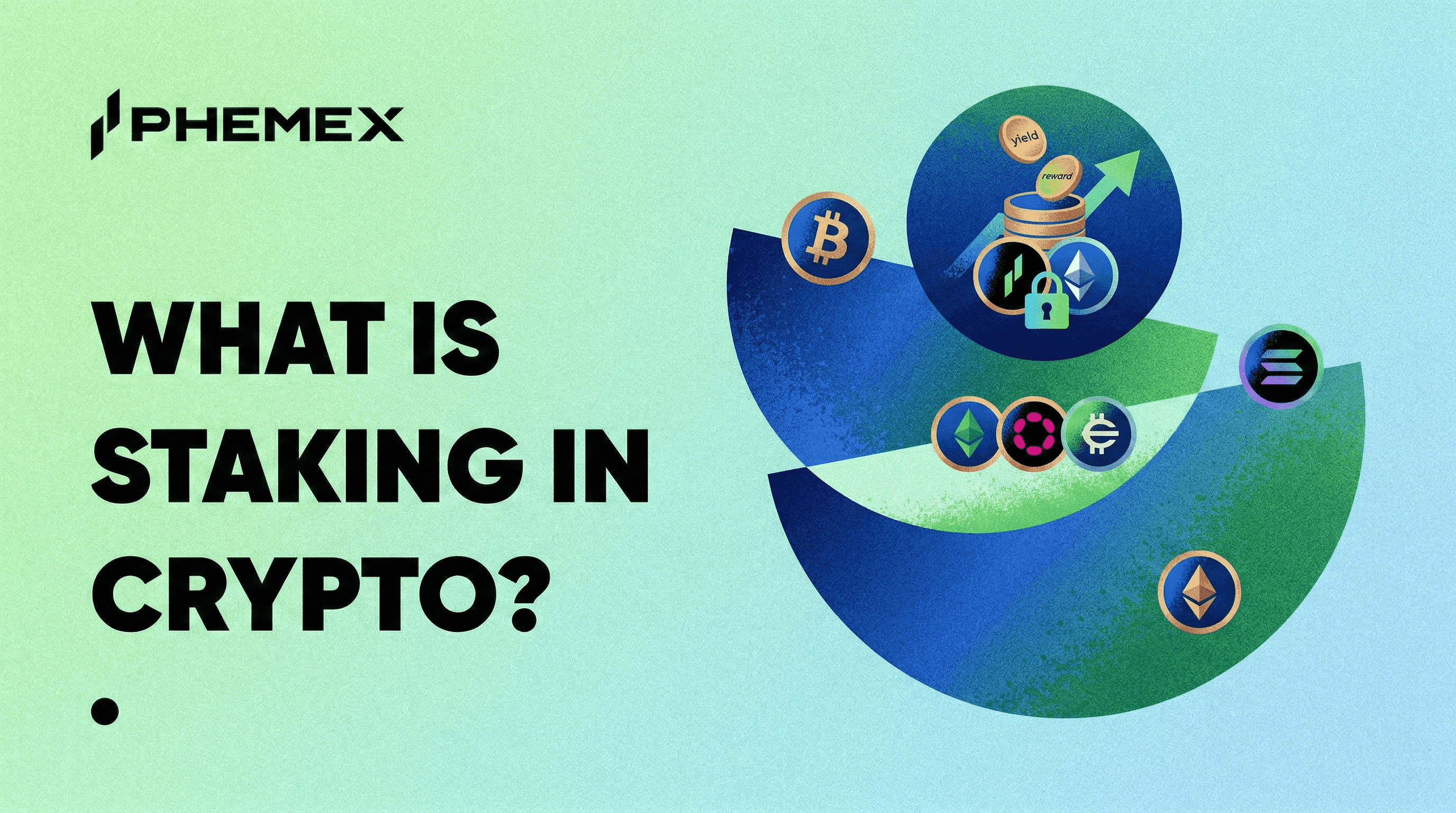Cryptocurrency is a form of digital or virtual currency that utilizes cryptography for security. Unlike traditional currencies issued by governments (like the US dollar or the euro), cryptocurrencies operate on decentralized platforms based on blockchain technology.
How does Cryptocurrency Work?
Cryptocurrencies function on a technology called blockchain – a distributed ledger enforced by a disparate network of computers (often termed as nodes). These nodes validate and record transactions on shared ledgers. Due to the decentralized nature, cryptocurrencies are immune to government interference or central authority manipulation.
What is Cryptocurrency Mining?
Cryptocurrency mining involves solving complex mathematical puzzles to validate and record transactions on the blockchain. Miners use powerful computer hardware to perform these operations. Successful miners are usually rewarded with newly created cryptocurrency coins and transaction fees.
What is a stablecoin?
Stablecoins are a type of cryptocurrency designed to have a stable value, often pegged to a traditional currency like the US dollar. Their stability is achieved either through collateral backing, such as holding reserves of the pegged asset, or through algorithmic mechanisms.
Cryptocurrency Examples
Bitcoin (BTC)
The first and most well-known cryptocurrency, introduced in 2009 by an anonymous person or group named Satoshi Nakamoto.
Ethereum (ETH)
A decentralized platform that enables the creation and execution of smart contracts. Its native cryptocurrency is called Ether.
Litecoin
Created by Charlie Lee in 2011, it's often considered the silver to Bitcoin's gold. It offers faster transaction times and a different hashing algorithm.
Ripple (XRP)
Unlike most cryptocurrencies, it doesn't use blockchain but instead uses a distributed consensus ledger. It's mainly known for its digital payment protocol more than its cryptocurrency.
How to Buy Cryptocurrency?
Cryptocurrencies can be purchased on cryptocurrency exchanges using traditional currency or other cryptocurrencies. Some popular exchanges include Coinbase, Binance, and Kraken. Users need to create an account, undergo a verification process, deposit funds, and then trade.
How to Store Cryptocurrency?
Hot wallet storage
Refers to wallets that are connected to the internet, such as web wallets, mobile wallets, and desktop wallets. They provide convenience but are susceptible to online threats.
Cold wallet storage
Refers to wallets that are not connected to the internet, like paper wallets or hardware wallets. They provide higher security as they're immune to online hacks.
What Can You Buy with Cryptocurrency?
While initially used mainly for online transactions, nowadays, various merchants, both online and offline, accept cryptocurrencies. These range from cafes, tech stores, travel agencies to luxury items. Some platforms also allow users to pay for services like web hosting or domain registration.
Cryptocurrency Fraud & Cryptocurrency scams
As the popularity of cryptocurrencies surged, scams and fraudulent schemes like Ponzi schemes, fake ICOs, and phishing attempts have also increased. Investors need to be vigilant and conduct thorough research before investing.
Fake websites: Sites with false testimonials and crypto terms guaranteeing huge returns for continuous investment.
Virtual Ponzi schemes: Scams offering nonexistent crypto investment opportunities, using new funds to pay old investors. Example: BitClub Network's $700 million scam in 2019.
"Celebrity" endorsements: Impersonators claim famous figures back certain cryptos, driving investments. Once prices rise, scammers sell, causing value drops.
Is Cryptocurrency Safe?
The underlying technology of cryptocurrencies, blockchain, is considered highly secure. However, the safety of an individual's cryptocurrency largely depends on how they manage and store their digital assets. Using reputable wallets, keeping private keys private, and staying informed can help users stay safe.
Are NFTs cryptocurrencies?
NFTs, or Non-Fungible Tokens, are unique digital tokens representing ownership of a specific item or piece of content on the blockchain. While they are built using similar technology as cryptocurrencies, they differ in that each NFT is distinct and cannot be exchanged on a one-for-one basis with another NFT, making them non-fungible. In essence, while they share some properties with cryptocurrencies, NFTs are more akin to digital collectibles.
Read More
- What is Cryptocurrency & How It Differs From Digital Cash
- What is Crypto Mining & How does it Work?
- What Are Crypto Tokens? How Do They Work?
- What is a Crypto Wallet? How does it Work?
- What are Crypto Futures & How do They Work?
- How To Do Crypto Research: The Best Ways to Get Started
- How To Trade Crypto: The Ultimate Investing Guide
- What are Crypto Scams and How to Spot them?







